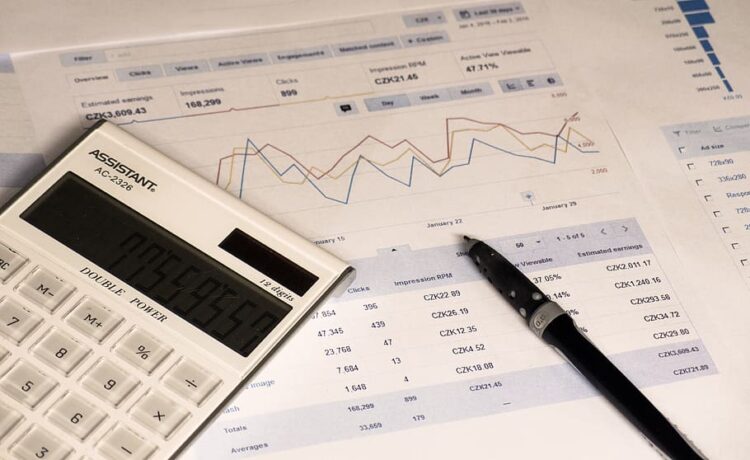Every company must take into account its costs. This is achieved by setting a budget that will allow you to have enough resources, but to make a profit and not lose too much money. However, small businesses have a more serious task. They will find it much harder to bear the high prices, costs, loss of focus and other problems. Fortunately, there are several ways you can use to determine a realistic budget for your business.
Cost analysis

It all starts with researching the operating costs within your business. By analyzing the costs, you will be able to see the real situation inside and out. Only in this way will you be able to come up with an efficient spending plan. You should not strive for too small, but not too big a budget. You will do best if you manage to achieve something in between. For example, if you opt for a very small budget and limit yourself to low costs, you will jeopardize your goals.
You need to work on increasing your profits, but your business must withstand rising costs. If your budget is too big, there is a risk of irrational spending. It is best to focus on fixed, variable, one-time and unexpected costs. This mainly applies to mortgages, salaries, internet services and insurance. Don’t forget about the goods sold as well as the commission.
See where you want to cut expenses and where you want to direct your money. For example, you can have a Facebook chatbot builder that can help you cut costs for your social media campaign, while you can invest more money in your IT department or sales.
Expectations

This is another important factor to consider. These are the expectations you have from selling goods or services. So, when making a budget decision, you need to remember last year’s earnings or the industry average if you are a beginner. In this way, you will examine your income, gain insight into potential industry limitations, etc. You can’t do budgeting well if you don’t look at previous business and revenue sources.
Gather them in one place and find out where the money comes into your business on a monthly basis. When you get to the source, recalculate the income, but this time deduct the costs. With this method, you will be able to gather all the necessary information and understand the seasonal patterns. For example, some businesses may experience a decline after the holidays and this will last until the summer. Based on these results, you need to prepare for the thinner months.
Negotiation

Another important part of any business is negotiating with suppliers. When it comes to budgeting, you must not forget this step. This is especially useful for small businesses, as they will be most dependent on suppliers. So establish good communication with them to get the lowest possible prices for materials and services. Not only can you get a great price, but you will also strengthen your relationship with them.
Once you establish such a relationship, you will have an advantage over other clients. It is an opportunity to sometimes pay amounts in advance to your suppliers as compensation. This benefit is mostly used by small businesses when they are not ready to make a payment immediately. The point of good relationships with suppliers is to get lower costs efficiently.
Estimate Generator

Of course, it is advisable to use a generator all the time. It is a estimate generator that will help you create free estimates and later determine your position in business budget planning as soon as possible. This way there will be no error due to incorrect calculation. With this tool you will get easy to read results.
Conclusion
You may have never created a business budget before, but this task may not be so difficult. All you need to do is use the right methods and tools to help you access important information. Once you have all the data with you, it will be much easier for you to manage your budget.

